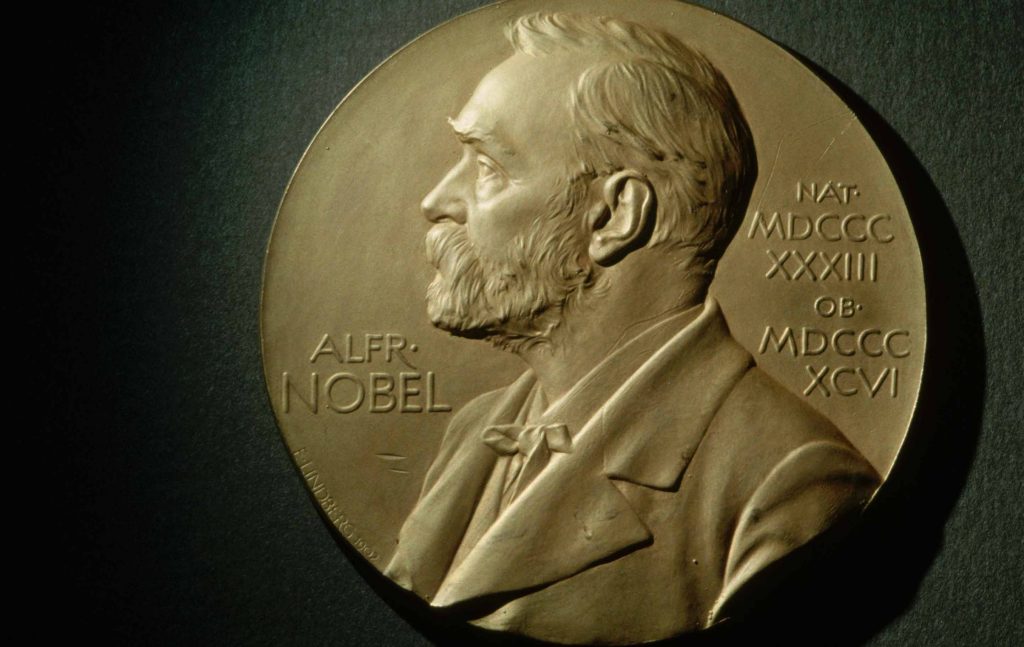Oslo: The United Nations’ World Food Programme (WFP) won Friday the 2020 Nobel Peace Prize for its efforts to combat hunger and food insecurity around the globe. The organisation provided assistance to almost 100 million people in 88 countries last year.
“I think this is the first time in my life I’ve been without words,” WFP’s head David Beasley told this agency from Niger. “I was just so shocked and surprised, never expected this,” he added. Beasley said he found out about the award from a WFP media officer who had just been informed by this agency.
The Nobel Committee said that the coronavirus pandemic has added to the hunger faced by millions of people around the world. It called on governments to ensure that WFP and other aid organisations receive the financial support necessary to feed them.
“With this year’s award, the (Committee) wishes to turn the eyes of the world to the millions of people who suffer from or face the threat of hunger,” said Berit Reiss-Andersen, the chair of the Nobel Committee, announcing the award here. “The World Food Programme plays a key role in multilateral cooperation in making food security an instrument of peace. The World Food Programme contributes daily to advancing the fraternity of nations mentioned in Alfred Nobel’s will,” she added.
Also read: American poet Louise Glück wins Nobel literature prize
There was no shortage of causes or candidates on this year’s list. A total of 211 individuals and 107 organisations were nominated ahead of the February 1 deadline.
However, the Norwegian Nobel Committee maintains absolute secrecy about whom it favours for arguably the world’s most prestigious prize. The award comes with a 10-milion krona (USD 1.1 million) cash prize and a gold medal to be handed out at a ceremony in here December 10. It is the anniversary of prize founder Alfred Nobel’s death. This year’s ceremony will be scaled down due to the pandemic.
The Nobel Committee awarded Monday the prize for physiology and medicine for discovering the liver-ravaging Hepatitis C virus. Tuesday’s prize for physics honoured breakthroughs in understanding the mysteries of cosmic black holes, and the chemistry prize Wednesday went to scientists behind a powerful gene-editing tool. The literature prize was awarded Thursday to American poet Louise Glück for her ‘candid and uncompromising’ work.
Still to come next week is the prize for outstanding work in the field of economics.
